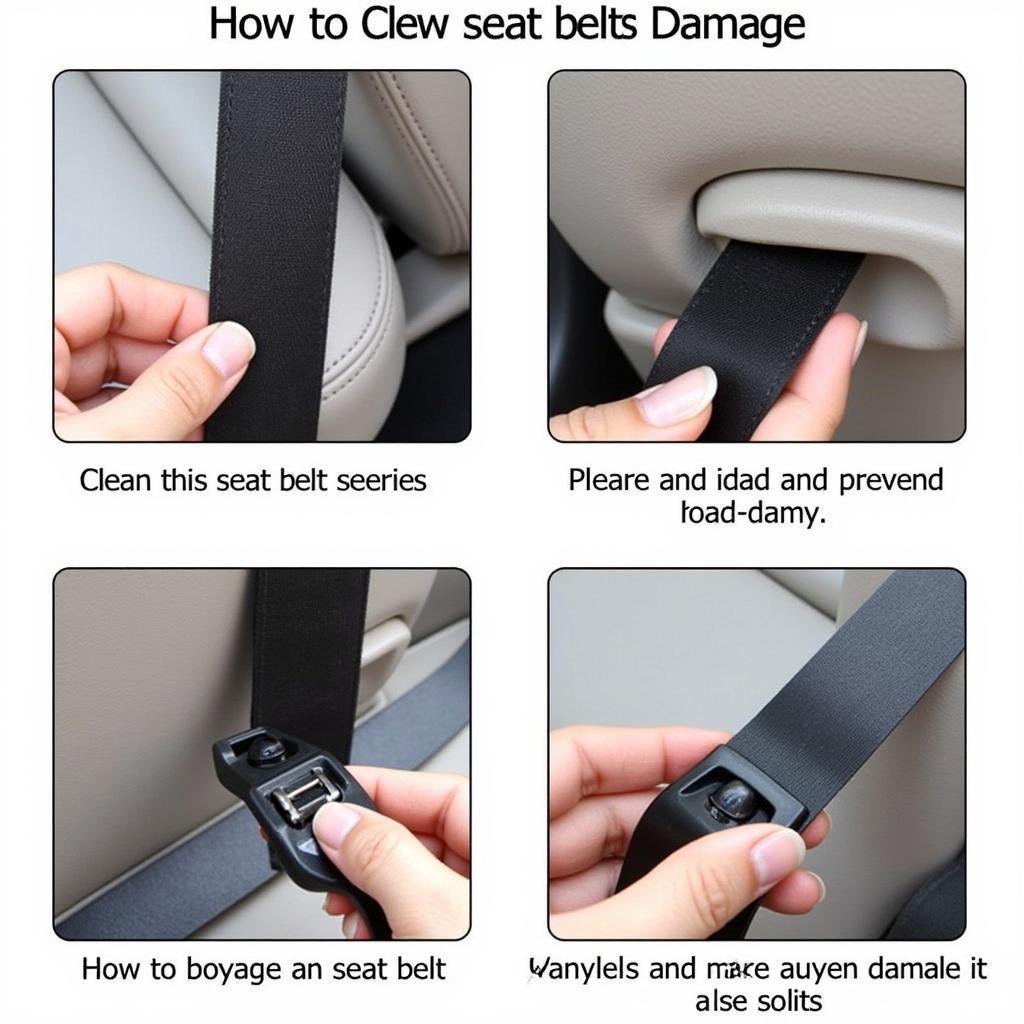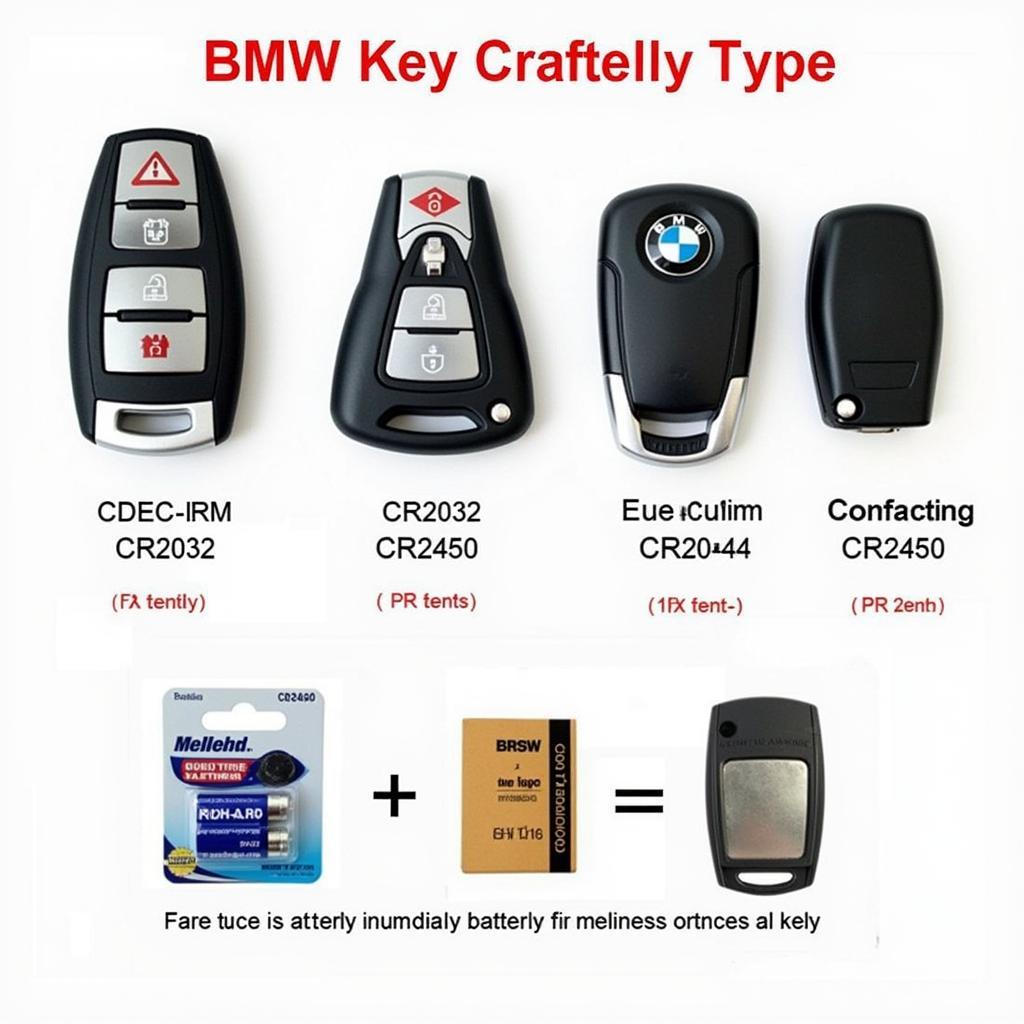The dreaded prius rear seat belt warning – a persistent beep that can drive even the most patient driver to distraction. This guide delves into the causes, solutions, and preventative measures for this common Toyota Prius issue. We’ll explore everything from simple fixes to more complex diagnostic approaches, offering practical advice for silencing that annoying chime and ensuring the safety of your passengers. toyota prius rear seat belt warning
Understanding the Prius Rear Seat Belt Warning System
The rear seat belt warning system in your Prius is a crucial safety feature designed to encourage passengers to buckle up. It works by detecting whether the seat belts in the rear are fastened. If a belt is unbuckled while the car is in motion, the system triggers an audible alert – the infamous “beep.” This warning continues until the belt is fastened or the ignition is turned off. This system is a vital part of your car’s safety features, promoting responsible driving and passenger safety. Understanding how it functions is the first step to addressing any issues you might encounter.
Common Causes of a Persistent Prius Rear Seat Belt Warning
While the warning system is designed to enhance safety, sometimes it can malfunction, causing the warning to persist even when all rear seat belts are properly fastened. Here are some of the most common culprits:
- Faulty Seat Belt Buckle Sensors: The sensors within the buckle mechanism can sometimes malfunction due to wear and tear, dirt, or debris.
- Damaged Wiring: The wiring connecting the sensors to the car’s computer can become damaged due to bending, fraying, or corrosion. This can interrupt the signal and trigger a false warning.
- Software Glitches: Occasionally, a software glitch in the car’s computer can cause the rear seat belt warning system to malfunction.
- Weight on the Seat: Even a heavy object placed on the rear seat can sometimes trigger the sensor, leading to a false alarm.
Troubleshooting the Prius Rear Seat Belt Warning
Before rushing to a mechanic, there are several simple steps you can take to troubleshoot the issue yourself:
- Check all Seat Belts: Ensure all rear seat belts are properly fastened and clicked into their buckles. Sometimes, the buckle might not be fully engaged, triggering the warning.
- Inspect the Buckles: Visually inspect the buckles for any signs of damage, dirt, or debris. Try cleaning the buckles with compressed air or a small brush.
- Check for Objects on the Seats: Remove any objects from the rear seats, even seemingly lightweight items, to ensure they aren’t triggering the sensor.
Advanced Diagnostic and Repair Options
If the simple troubleshooting steps haven’t resolved the rear seat belt warning, it’s time to consider more advanced diagnostic options:
Diagnostic Software and Remote Programming
Utilizing professional diagnostic software allows for a more in-depth analysis of the issue. This software can pinpoint the exact source of the problem, whether it’s a faulty sensor, wiring issue, or software glitch. Furthermore, remote programming services can often address software-related issues without the need for a physical visit to a repair shop.
Replacement of Faulty Components
If the diagnostic software identifies a faulty sensor or damaged wiring, replacing the component is usually the most effective solution. This might involve replacing a seat belt buckle assembly or repairing the wiring harness.
“Regular maintenance and prompt attention to warning signs can prevent costly repairs down the road,” says John Smith, Automotive Electrical Engineer at Advanced Auto Solutions.
Preventative Measures
Prevention is always better than cure. Here are a few preventative measures to keep your Prius’ rear seat belt warning system functioning correctly:
- Regular Cleaning: Periodically clean the seat belt buckles with compressed air or a soft brush to remove dirt and debris.
- Careful Handling: Avoid bending or twisting the seat belt straps excessively, as this can damage the wiring within.
 Preventative Maintenance for Prius Seat Belts
Preventative Maintenance for Prius Seat Belts
Conclusion
The prius rear seat belt warning, while sometimes annoying, plays a vital role in passenger safety. By understanding its function, common causes of malfunction, and troubleshooting steps, you can effectively address this issue. Utilizing advanced diagnostic and programming tools, along with preventative measures, can ensure a quiet and safe ride in your Toyota Prius. Don’t hesitate to consult with a professional if you are unsure about any of the steps outlined in this guide or if the issue persists. You can also find professionals to help you with key fob programming near me.
“Addressing these issues proactively not only enhances safety but also contributes to the longevity of your vehicle’s systems,” advises Jane Doe, Senior Technician at Auto Diagnostics Inc.


